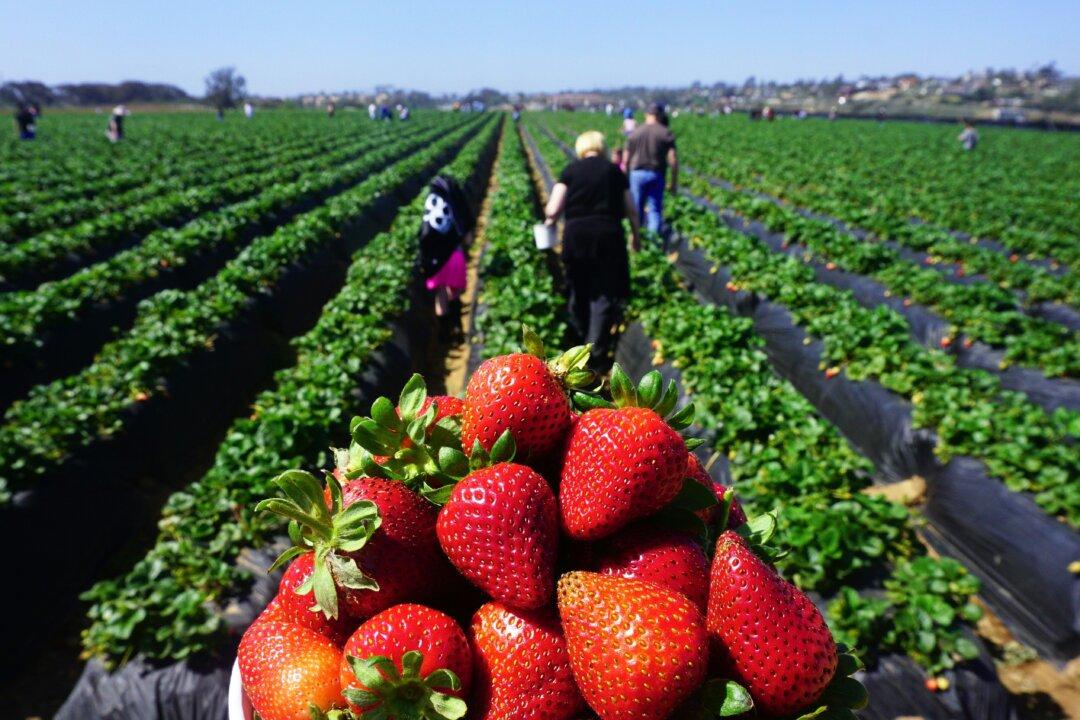After six years of litigation and a Supreme Court ruling, California has acknowledged that a state law that allowed labor unions to trespass on private property to recruit workers was unconstitutional.
Commentators say the ruling is likely to have major repercussions for labor and property law well beyond agribusiness, which brought the litigation. The Cato Institute, which filed a friend-of-the-court brief in the case, called the high court ruling the “biggest Supreme Court win for property rights in a long, long time.”





